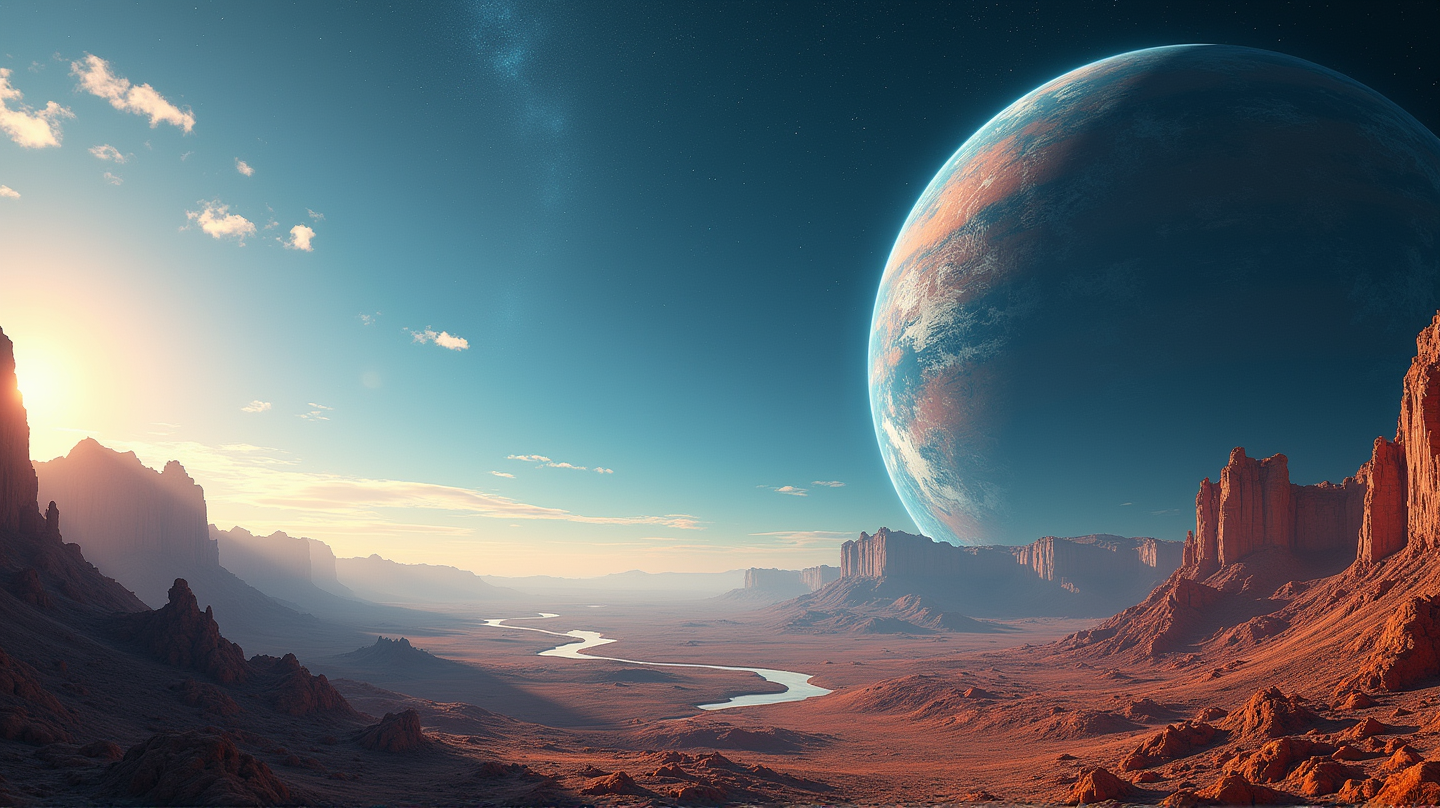The Discovery That Opens Doors
Using the remarkable James Webb Space Telescope, scientists have unveiled what might be the most convincing indication of life beyond our solar system. The tantalizing discovery involves gases in an exoplanet’s atmosphere, named K2-18b, that have associations with biological activity on Earth. These include dimethyl sulfide (DMS) and dimethyl disulfide (DMDS), both generated by living organisms such as algae here on our planet.
The Intriguing World of K2-18b
K2-18b is captivating for many reasons. Located approximately 124 light-years away in the constellation Leo, it’s 8.6 times the mass of Earth and boasts a diameter more than twice as large. What’s more thrilling is that K2-18b resides in a “habitable zone,” where liquid water—and by extension, life—could potentially exist.
Not a Confirmation, But a Gateway
While it’s critical to note that this isn’t a direct confirmation of life, the findings point towards biological processes at play. This makes for a remarkable advancement in our ongoing quest to understand the universe and our place within it. Nikku Madhusudhan from the University of Cambridge signaled this as a “transformational moment,” marking a new era in astrobiological observations.
Past and Present Revelations
Prior explorations by the famed telescope revealed other carbon-based molecules such as methane and carbon dioxide in K2-18b’s atmosphere. These were the first findings of their kind for an exoplanet within a star’s habitable zone, making this alien world a credible candidate for further studies.
A Call for Careful Analysis
Despite the excitement surrounding these findings, the scientific community remains cautious. Christopher Glein from the Southwest Research Institute in Texas emphasizes the need for rigorous testing of these promising data sets. The world watches eagerly as independent analyses are expected to roll out soon, potentially adding more layers to this cosmic mystery.
The Era of Observational Astrobiology
The potential of K2-18b as a “hycean world,” as suggested by Professor Madhusudhan, urges the scientific world to continue exploring the skies. This promising evidence pushes the boundaries of what we can achieve with current technology and opens new doors for the search for life beyond Earth. According to Sky News, the exploration of K2-18b has truly catalyzed an era of observational astrobiology.
This discovery offers not just scientific insight but a captivating narrative that echoes humanity’s age-old question: Are we truly alone in the universe?
